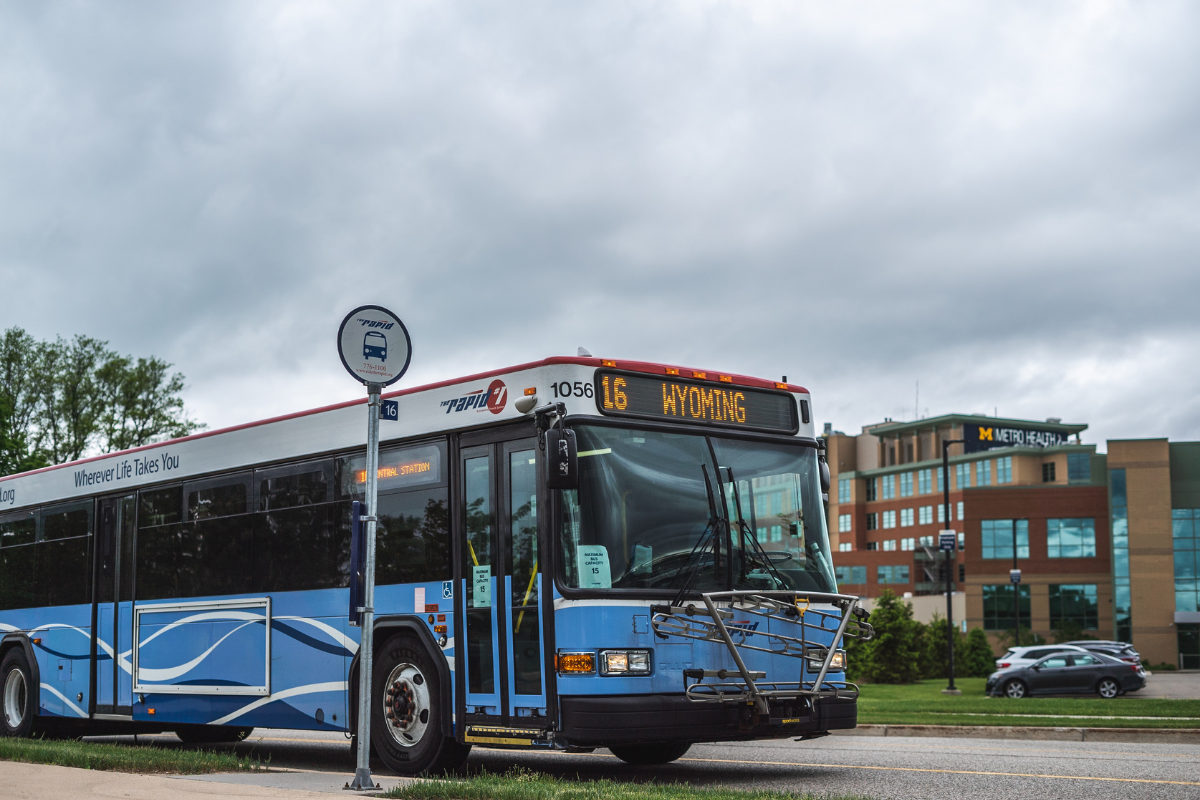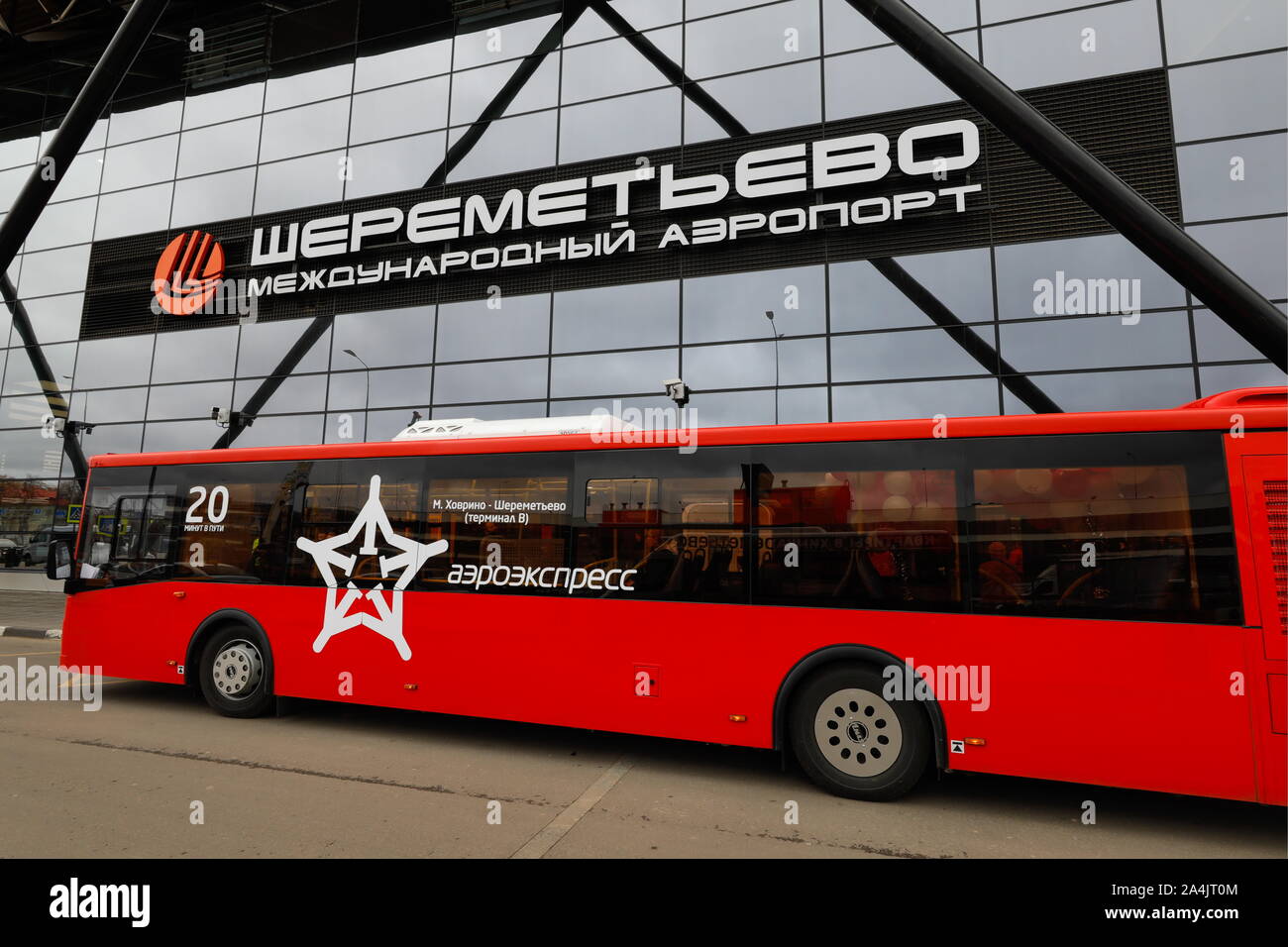

Routes with segments that will no longer operate: Lawrence: Follow him on Twitter: Become a subscriber.
Metro bus 15 schedule drivers#
“I'm also disappointed that they have to make these changes because they can't hire and keep enough drivers to operate full service, despite getting lots of federal money specifically sent to keep transit systems from having to cut service.”įor information on DDOT service, go to for SMART. But given DDOT's history, that's a big if,” she said. “If this does result in most buses consistently showing up on schedule, instead of lots of random no-show buses, it would be better for riders. Megan Owens, executive director of Transportation Riders United, which advocates on behalf of local transit riders, said her group will be watching to see if DDOT’s service levels resume next year, but she’s also skeptical. This reflects the new reality of many jobs and workers from long-time office markets without a daily commute as they work mostly or completely from home,” Shepard said. “Working with major employers, riders and drivers, SMART is targeting more of our service to run the routes, times, and days that have the greatest need for essential workers and growing employment sectors like logistics and services.

SMART’s service is at about 75% of pre-pandemic levels, but is dealing with a changed environment, too. More: SMART bus service's next leader ran Cincinnati's transit system More: Funding better bus service in Detroit would mean access to thousands of jobs, group says More: DDOT, SMART prepare to resume fare collection after installing COVID-19 safety features

Metro bus 15 schedule driver#
SMART has started onsite hiring events at bus terminals where it’s allowed, has increased the frequency of driver classes and is offering a hiring incentive of up to $3,500 “earned at key points along the first two years of employment.” The Suburban Mobility Authority for Regional Transportation, which provides bus service in many metro Detroit communities, is down about 80 drivers, according to spokesperson Lacee Shepard.ĭrivers for SMART's fixed routes make $16.50 per hour during training and $18.64 per hour after training is complete. We could have helped them find ways” to make it better, he said.ĭDOT is not unique in its driver shortage.

“I think they could have come to the local. Tolbert noted that the department’s leadership informed the union about the changes, but he said the union had no part in the planning. “I’m not optimistic, but let’s see what this does,” he said of the changes. In particular, he’s not convinced that the riders, including some children, on the routes being suspended actually have reasonable alternatives as DDOT says. Tolbert said he is skeptical about the service changes, but added that he hopes they work out. The amount of the incentive varies, according to Glenn Tolbert, who is president of Amalgamated Transit Union Local 26, which represents DDOT bus drivers.
Metro bus 15 schedule trial#
The starting pay for DDOT drivers before training is $14.35 an hour and then increases to $15.38 per hour once training is complete.ĭDOT is also weighing signing bonuses but hasn’t committed to it, opting for an attendance incentive that runs into December on a trial basis. “We are struggling with the same thing that most public agencies (are) and quite frankly any organization that’s trying to get people to take these jobs that are available,” Oglesby said, noting that the department has 18 drivers currently in training. Hiring is squeezed by an overall difficult hiring climate, and ridership has been diminished by the pandemic and trends that reflect more people working from home, he said.


 0 kommentar(er)
0 kommentar(er)
